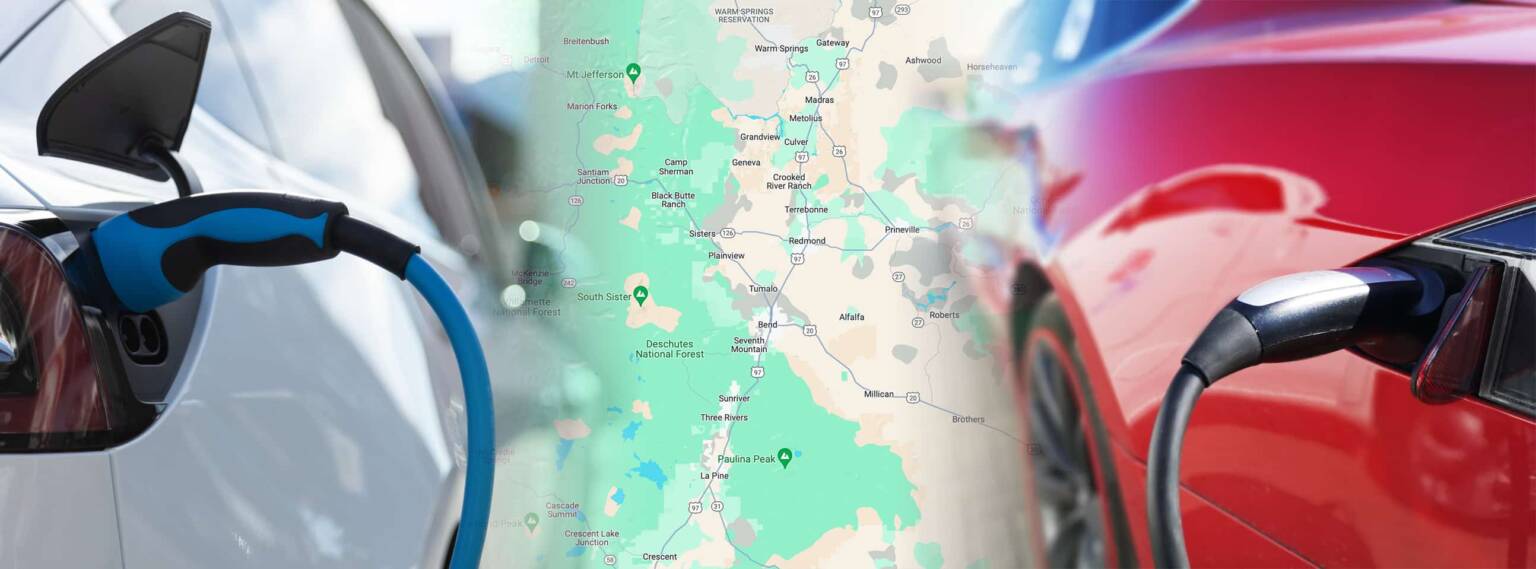
Heat Pumps Save Money and the Planet
Heat pumps are a great way to heat and cool your home, replacing both your furnace as well as as your air conditioning. Another kind of heat pump can also provide your hot water, replacing your gas or electric hot water tank.
Heat pumps save money on your energy bills over time. They are typically more expensive up front. On the other hand, gas furnaces and gas water heaters are cheaper upfront but usually also have higher operating and maintenance costs due to fluctuating fuel prices which can rise and fall significantly.
Installing a heat pump is worth it because you’ll get more energy savings throughout the year, and also have low maintenance costs. You can reduce your total investment with tax credits and local incentives. They are better for your health as they don’t release harmful pollutants into the air like their gas counterparts. Additionally, heat pumps are safer, with no risks of a gas leak.
When a heat pump replaces an oil furnace its like taking 883,000 cars off the road.
Average annual savings compared to current heating equipment, for Oregon:
-
-
Natural gas or propane furnace $399/year
-
Electric furnace $239/year
-
Natural gas or propane water heater $313/year
-
Electric water heater $247/year
-
Do it for your Health
Leaking gas lines are the most common source of unwanted chemicals that enter the living space, particularly in older homes. CMC Energy Services.
Gas stoves leak even when turned off. (Stanford Study) They do not require outside venting so they can seriously harm indoor air quality as they release harmful pollutants like formaldehyde, benzene, and NOX.
A UCLA Fielding School of Public Health 2022 report found that if all residential gas appliances were replaced by clean electric models, the reductions of NOx and particulate matter in the outdoor air would lead to 354 fewer deaths and 596 fewer cases of acute bronchitis each year in California.
Electric appliances would reduce the 42% increased risk of children experiencing asthma symptoms associated with gas stove use.
Outdoor air pollution from residential buildings currently accounts for 344premature deaths in Oregon (state-wide) yearly.
Sources: Utrecht University, UCLA, Harvard University
Heat pump water heaters Heat pump water heaters can save your family up to 50 percent on annual water heating costs, compared to standard electric water heaters. See how heat pump water heaters line up. Annual energy costs This chart represents an average Oregon household’s annual energy costs based on the type of water heater installed in the home. Energy Trust of Oregon They cost more, but savings quickly add up.
Don’t Fall for the Myths about Heat Pumps
Heat Pumps are better even when on a “dirty grid”
It is still worth it to use heat pumps even if you’re on a dirty grid, for example with electricity generated from coal. This is because heat pumps for heating your home are 2-3x more efficient than comparable fossil fuel heating systems. Also, an ENERGY STAR certified heat pump water heater is typically at least 3-4 times more efficient than standard electric and gas models. As a result, a family of four could save nearly $550 per year in energy costs compared to a standard electric water heater.
How much does a ductless heat pump cost in Bend?
GreenSavers here in Bend has a great article covering the costs, rebates, and savings regarding ductless heat pumps, here.
A qualified contractor will understand how and where to get you current financial incentives, including tax credits.
A quick summary of available incentives in Oregon is here.
Heat Pump water heater incentives are listed here.
Interest in electric heat pump water heaters is taking off, due in large part to their superior efficiency, tremendous energy savings and greenhouse gas reduction potential. An ENERGY STAR certified heat pump water heater is typically at least 3-4 times more efficient than standard electric and gas models. As a result, a family of four could save nearly $550 per year in energy costs compared to a standard electric water heater. Those savings translate into average payback periods (compared to purchasing a traditional electric water heater) of 3-6 years and thousands of dollars in savings over the product’s life. New federal tax credits and local incentives for heat pump water heaters are making the opportunity to change even sweeter.
Make a plan to electrify your heating, cooling, hot water heating, stove or clothes dryer
Additional information, especially regarding federal tax incentives, can be found here.
High-Efficiency Electric Home Rebate Act (HEEHRA)
For Low to Moderate Income Households.
Savings for Oregon, Congressional District 3, Colder climates may save more.
Each year, they would save an average of $291. Many would save up to $466 per year on average. (Rewiring America)
HEEHRA is a voluntary program that covers 100 percent of electrification project costs (up to $14,000) for low-income households and 50 percent of costs (up to $14,000) for moderate-income households. Qualified electrification projects include heat pump HVAC systems, heat pump water heaters, electric stoves and cooktops, heat pump clothes dryers, and enabling measures such as upgrading circuit panels, insulation, air sealing, ventilation, and wiring. Project costs will cover both purchase and installation costs. And, notably, these point-of-sale rebates will act as off-the-top discounts when a household makes the purchase.



